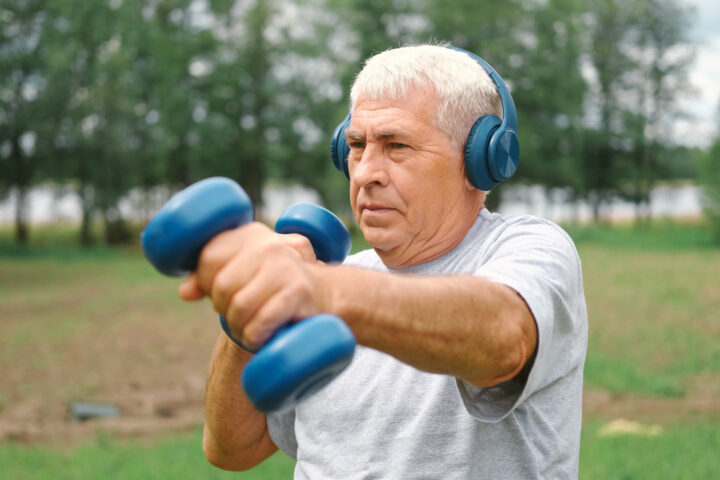Why Stress Ages Us Faster Than Time Itself
Imagine the body as a finely tuned instrument, with every cell and hormone orchestrated to maintain harmony. Stress, however, strikes like a discordant note, throwing this harmony into chaos. Recent research underscores that chronic stress can do more than put you in a bad mood—it actually speeds up biological aging, making life’s clock tick faster. Yale University’s groundbreaking study using an epigenetic clock, “GrimAge,” found that individuals under prolonged stress exhibited accelerated biological aging, more so than any other single factor (YaleNews). While this might sound like the stuff of horror novels, the solution is refreshingly accessible: learning stress management can meaningfully slow down the aging process.
For example, researchers discovered that participants who practiced emotional regulation techniques—such as mindfulness and self-reflection—were notably resistant to stress-related aging markers, even when other demographic factors like diet and exercise were controlled (Connecticut Public). This research points to resilience as a key player in the quest for longevity, especially as it combats stress’s toll on health.
Science’s Surprising Allies Against Stress
In a world enamored with advanced technology, it might surprise you that the latest tool against stress is something as simple as sound. The healing power of sound—whether through Tibetan singing bowls or sound baths—is proving scientifically effective for reducing stress. Clinical psychologist Tamara Goldsby, along with her team at the University of California, has revealed that participants exposed to sound baths show marked reductions in anxiety and stress-related tension. In fact, those new to sound baths reported even greater stress relief, as the vibrations allowed them to reach a deep relaxation state (Psychology Today).
Sound’s positive effect on the nervous system is no ancient myth. EEG studies show that these sound frequencies can help synchronize the brain, fostering relaxation and a heightened sense of well-being that’s visible even on a cellular level. By creating what is known as a “therapeutic landscape,” sound baths are an entryway into a kind of serenity that feels rare in today’s world—and it’s surprisingly accessible.
The Power of Psychological Resilience
A key takeaway from Yale’s findings is that resilience isn’t just about bouncing back; it’s about insulating oneself from the wear and tear of stress. This research dives into how strengthening specific psychological skills, like self-control and emotion regulation, can buffer against the effects of stress. Psychologists Zachary Harvanek and Rajita Sinha found that individuals who developed these coping mechanisms experienced slower biological aging, even when other health factors like smoking or weight came into play (YaleNews).
One example is mindfulness meditation, which actively re-trains the brain to remain calm and process stress differently. Neuroimaging studies show that people who engage in regular mindfulness practices have increased activity in areas associated with emotional regulation, reducing stress hormones and, in effect, slowing down the aging process.
Walking Away from Stress, Literally
If a structured practice like meditation sounds daunting, nature therapy might offer a more intuitive alternative. Researchers have found that simple activities—like a walk in the forest—can lower cortisol levels, increase heart rate variability (a sign of a resilient heart), and decrease markers associated with cellular aging (American Psychological Association). This “forest bathing,” known in Japan as shinrin-yoku, has physiological effects that can be objectively measured: lower blood pressure, improved mood, and, interestingly, a boost in the immune system.
For urban dwellers, this might mean seeking out green spaces or even indoor plants, which studies have shown can bring similar benefits. Nature exposure, it seems, offers a unique antidote to stress, and its benefits extend beyond just feeling calm; it actively repairs the body from the inside out.
Reframing Stress: Building Longevity with Resilience
With stress standing as a formidable barrier to longevity, understanding and mastering stress management becomes not just a preference but a lifeline. Whether through sound healing, mindfulness, or regular immersion in nature, modern science and ancient practices converge on a powerful truth: learning to reduce stress is also learning to live longer. As more studies affirm, longevity isn’t about rigid discipline but cultivating a balanced mind and resilient body—one choice, one mindful breath at a time.












